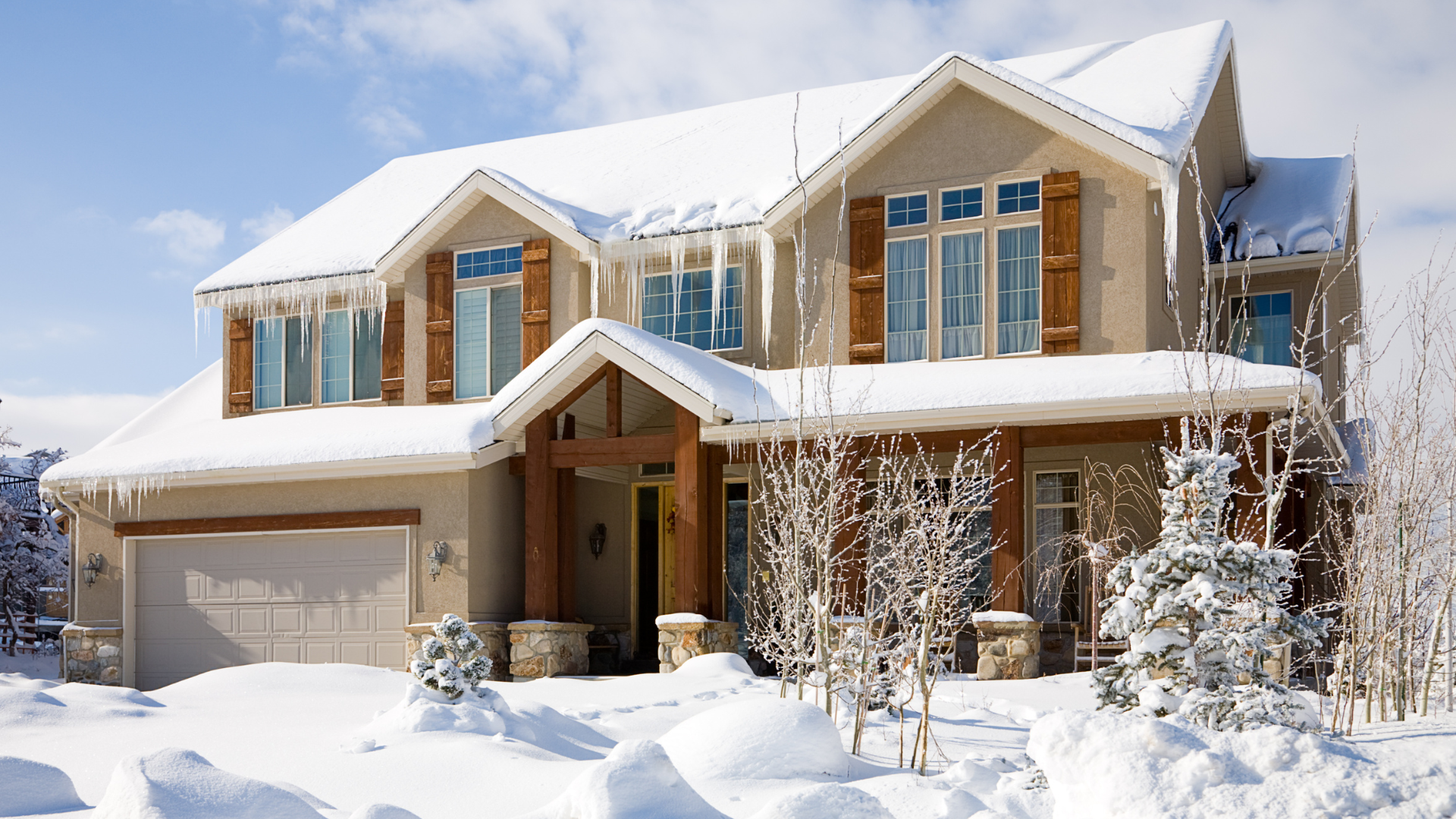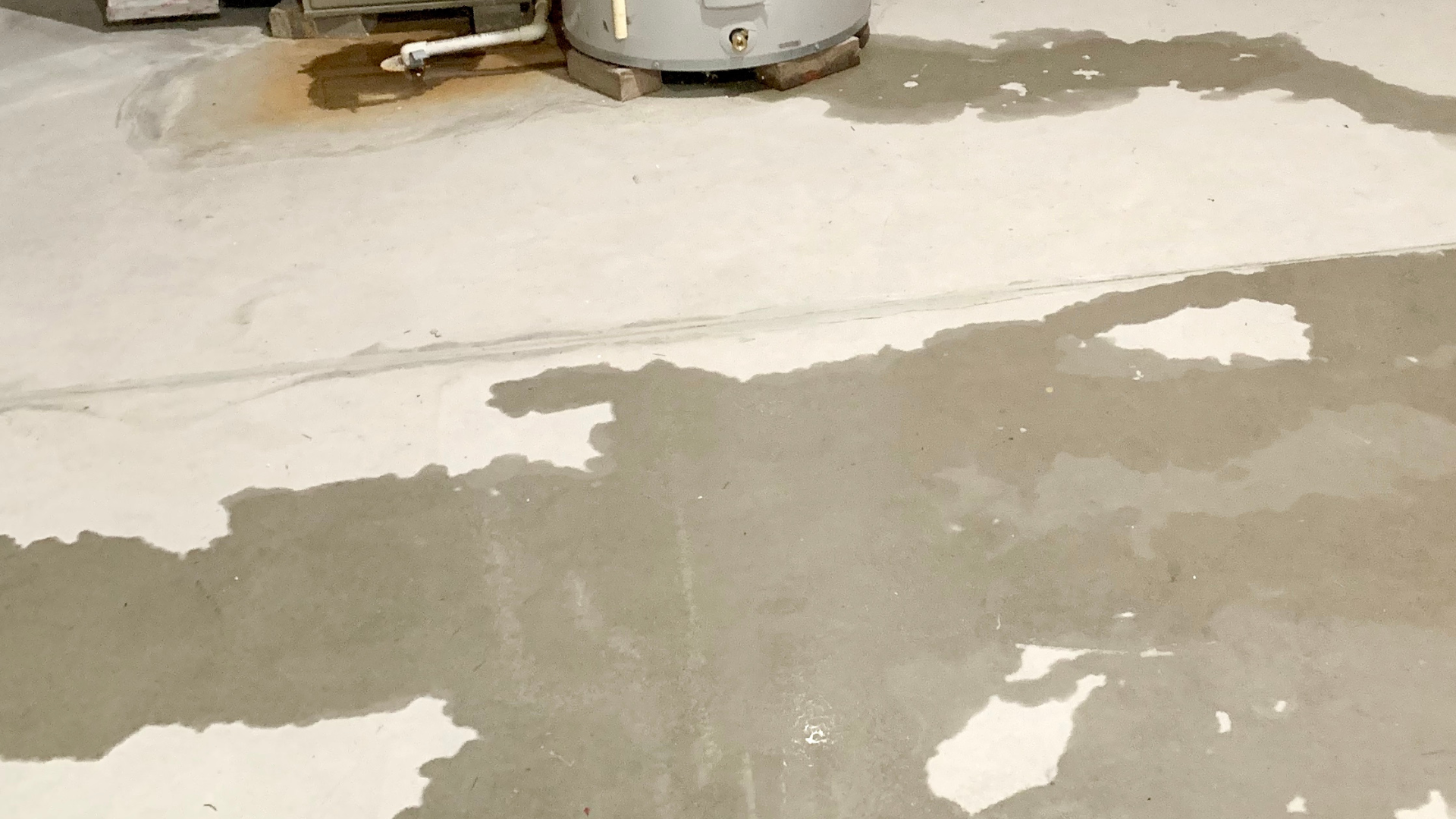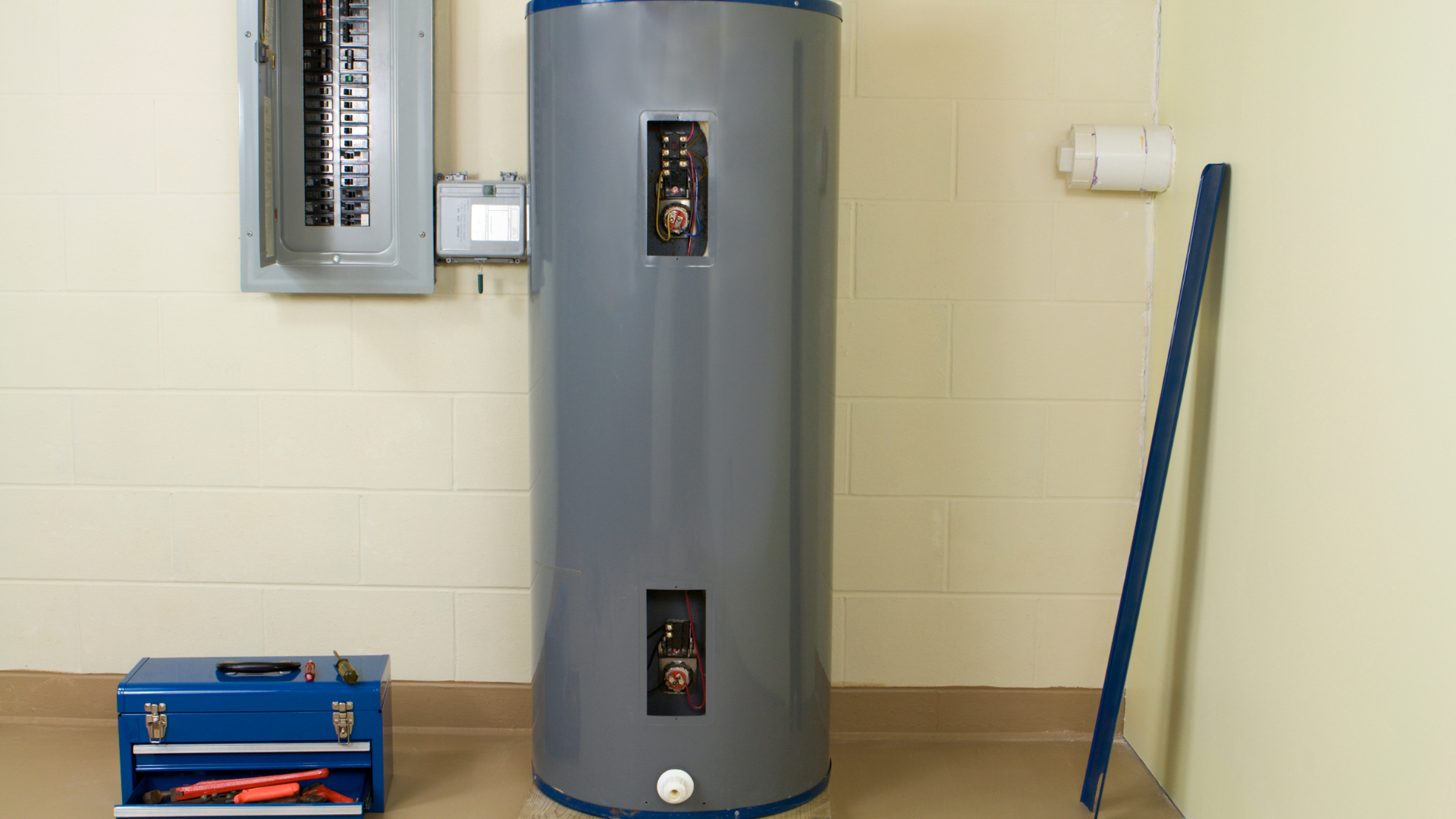Alaska
How a Homeowner Can Navigate Contractor Licensing in Alaska

For homeowners in Alaska, understanding contractor licensing is essential, as the state has specific requirements, especially for projects exceeding a certain monetary threshold. Alaska is also unique in that it does not have a statewide sales tax, though local sales taxes do exist and can impact home service projects.
Licensing Requirements for Home Service Contractors in Alaska
Alaska's contractor licensing is primarily managed by the Alaska Department of Commerce, Community, and Economic Development (DCCED), specifically its Division of Corporations, Business and Professional Licensing (CBPL).
General Contractor Licenses (for work over $10,000):
- Any contractor performing building, remodeling, or repair work with a total contract value over $10,000 (including labor and materials) must obtain a General Contractor License.
- There are several classifications under General Contractor:
- General Contractor License: For all types of building, remodeling, and repair work over $10,000.
- General Contractor with Residential Endorsement: Required if the contractor performs construction or alteration of 25% or more of the value of a privately owned residential structure (1-4 units). This requires completing the Alaska Craftsman Home Program (ACHP) or an equivalent course within two years of application.
- General Contractor Handyman: For projects valued at $10,000 or less. This license has less stringent requirements (e.g., a smaller bond amount).
- Key Requirements for General Contractor Licenses:
- Business Registration: The contractor's business entity (corporation, LLC, partnership) must be registered with the State of Alaska. Sole proprietors typically do not need separate business registration but must have a contractor license.
- Surety Bond: A bond is required to protect consumers.
- General Contractor: $25,000 bond.
- General Contractor with Residential Endorsement: $20,000 bond (or $25,000 if also doing commercial work).
- General Contractor Handyman: $5,000 bond.
- General Liability Insurance: Minimum coverage of $100,000 per occurrence for residential contractors. Higher limits may be required for larger projects.
- Workers' Compensation Insurance: Required if the contractor has employees. An "all states endorsement" is not sufficient; a specific Alaska policy is needed.
- Examination: Only General Contractors with a Residential Endorsement must pass an exam (related to the ACHP course). Other general contractor licenses typically do not require a trade exam.
- Wage and Hour Bond: If the contractor will be employing workers, a wage bond may also be required to comply with Alaska's labor laws.
- Fees: Application and licensing fees apply, and licenses are typically renewed every two years.
Specialty Contractor Licenses:
- These contractors specialize in three or fewer specific trades from the Alaska Specialty Contractor Trades List (e.g., roofing, painting, carpentry, drywall, landscaping, fencing, insulation).
- If a specialty contractor's project exceeds $10,000, they generally need a Specialty Contractor license.
- Requirements: Similar to General Contractors, including business registration, surety bond ($10,000 for specialty), general liability insurance ($100,000 residential minimum), and workers' compensation (if applicable). No trade exam is typically required by the state, but local jurisdictions might have requirements.
Mechanical Contractor Licenses:
- For contractors specializing in mechanical systems like plumbing, refrigeration, heating, ventilation, and air conditioning (HVAC).
- Requires a Mechanical Contractor License and an assigned Mechanical Administrator's License (obtained by an individual who passes a state exam). This administrator oversees the mechanical work.
- Requirements: Business registration, bond ($10,000), insurance, and the Mechanical Administrator's license.
Trades Requiring Administrator Licenses (DCCED, Professional Licensing):
- Key trades often require a licensed administrator (an individual who has passed a state exam and has experience) who may or may not be the contractor themselves. The contractor company then registers with the state, identifying their licensed administrator.
- Electrical Administrators: Licensed by the State Electrical Board. Required for electrical work.
- Mechanical Administrators: Licensed by the Mechanical Contractors and Plumbers Board. Required for plumbing, heating, ventilation, air conditioning, and refrigeration work.
- These licenses involve specific experience and passing state-administered exams.
Local Business Licenses and Permits: Many municipalities in Alaska, even if they don't have their own contractor licensing, will require a local business license to operate within their jurisdiction. All contractors must also obtain the necessary building permits from the local city or borough building department for projects requiring them.
It is illegal and highly risky to hire an unlicensed contractor for work that requires a license in Alaska. Homeowners are less protected against fraud, shoddy work, and potential legal issues.
How Sales Tax Applies to Home Service Projects in Alaska
Alaska is one of the few states that does NOT have a statewide sales tax. This significantly simplifies things for consumers. However, local municipalities (cities and boroughs) are authorized to impose their own sales and use taxes, and many do.
- No Statewide Sales Tax: You will not pay a state sales tax on materials or labor for home service projects anywhere in Alaska.
- Local Sales Taxes Vary:
- Over 100 municipalities in Alaska levy a local sales tax. These rates typically range from 1% to 7.5%, depending on the city or borough.
- Key Exception: Notably, Alaska's two largest cities, Anchorage and Fairbanks, do not have a local sales tax. This means if your project is in Anchorage or Fairbanks, you will likely not pay any sales tax on your home service project.
- In jurisdictions that do have a local sales tax, it typically applies to the retail sale of tangible personal property (materials) and sometimes to specific services.
- How it applies to contractors: If a contractor is working in a municipality with a local sales tax, they will typically charge and collect that local sales tax on the materials they sell and install for your project. The labor for installation of real property is generally not subject to sales tax, but some local ordinances may differ, particularly for certain repair services.
- Use Tax: Some local jurisdictions may also have a use tax, which functions similarly to sales tax but applies to items purchased outside the jurisdiction but used within it. This can sometimes be collected when a building permit is issued.
What this means for homeowners:
- Check your specific municipality's sales tax rate. Before starting a project, ask your contractor if your location has a local sales tax and how it will be applied to your project's materials and services.
- If you are in a city like Anchorage or Fairbanks, you will likely pay no sales tax on your home service project.
- If you are in a city with a local sales tax, expect to pay that tax on the materials portion of your project. Ensure the invoice clearly itemizes materials and labor if sales tax is applied.
How to Verify Licensing in Alaska
Verifying a home service contractor's license in Alaska is done through the state's online professional license search system.
Alaska Department of Commerce, Community, and Economic Development (DCCED) - Professional License Search:
- This is the official and most comprehensive source for verifying General Contractor licenses, Specialty Contractor licenses, Mechanical Contractor licenses, and Electrical/Mechanical Administrator licenses.
- Website: Go to the Alaska CBPL eLicense portal: https://www.commerce.alaska.gov/web/cbpl/professionallicensing.aspx. Look for the "Professional License Search Tool."
- Direct Search Link: You can often find a direct search link on the Professional Licensing homepage or via a search for "Alaska professional license lookup."
- Search Options: You can typically search by license number, individual name, or business name. Be sure to select the correct "Profession" (e.g., "Construction Contractor," "Electrical Administrator," "Mechanical Administrator").
- Information Provided: The search results will show the license status (Active, Expired, Suspended), license number, issue/expiration dates, classification(s) held, and any public disciplinary actions. It should also confirm if the required bond and insurance are in place.
Alaska Secretary of State - Business License Search:
- Verify that the contractor's business has a current Alaska State Business License. This is a separate registration required for most businesses operating in Alaska.
- Website: https://www.commerce.alaska.gov/web/cbpl/BusinessLicensing/BusinessLicenseSearch.aspx
Local City/Borough Building Departments:
- After verifying the state licenses, contact your specific city or borough's building department to confirm any local business license requirements and to ensure the contractor is authorized to pull permits for your project. This is crucial for ensuring code compliance and inspections.
Proof of Insurance and Bond: Always request current Certificates of Insurance for general liability and workers' compensation. Also, request proof of their surety bond. Crucially, contact the issuing insurance and bonding companies directly to verify that the policies are active and adequate for your project.
Always verify a contractor's licenses, insurance, and local authorization before starting any home service project in Alaska to ensure legal compliance and consumer protection.
Sources
- Alaska Department of Commerce, Community, and Economic Development (DCCED) - Division of Corporations, Business and Professional Licensing (CBPL):
- Main Website: https://www.commerce.alaska.gov/web/cbpl/
- Professional License Search Tool: (Navigate from the CBPL main page or search for "Alaska professional license search")
- Construction Contractor Licensing: (Specific information on General, Residential, Specialty, and Handyman licenses can be found under the "Professional Licensing" section).
- Business Licensing Section: https://www.commerce.alaska.gov/web/cbpl/BusinessLicensing/BusinessLicenseSearch.aspx
- Forms and Applications for Contractors: (Accessible from the Construction Contractor section, provides details on requirements)
- Alaska Department of Revenue (DOR):
- Alaska does not have a state sales tax, so general sales tax information is less relevant from DOR. Instead, focus on local municipality tax departments.
- Local Municipality Websites (for Sales Tax and Local Permits - always check your specific location):
- Example: City of Juneau Sales Tax: (Search "Juneau sales tax" for specific rates and rules)
- Example: Municipality of Anchorage - Project & Permit Information: (Search "Anchorage building permits" or "Anchorage sales tax" - remember Anchorage has no sales tax)
- Alaska Remote Seller Sales Tax Commission (for local sales tax information):
- Website: https://arsstc.org/ (This site provides details on which local jurisdictions participate in streamlined sales tax collection and their rates).
- Industry Guides (for general overview, always defer to state/local sources):
- Contractors Liability - Alaska Contractor Licenses and Insurance: https://contractorsliability.com/blog/general-contractor-license-alaska/
- JW Surety Bonds - Alaska Contractor License Guide: https://www.jwsuretybonds.com/blog/alaska-contractor-license
- Tax Foundation - Alaska Tax Rates & Rankings: https://taxfoundation.org/state/alaska/
Click Another Article to Read More










